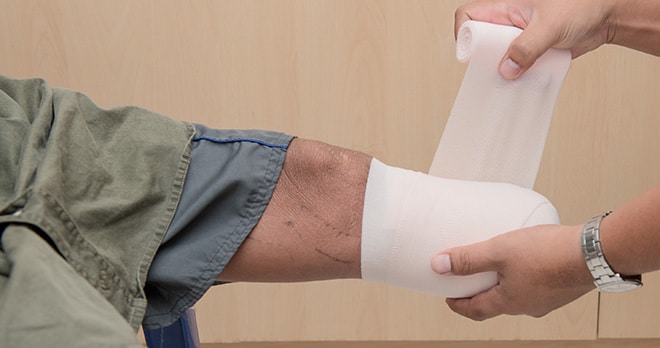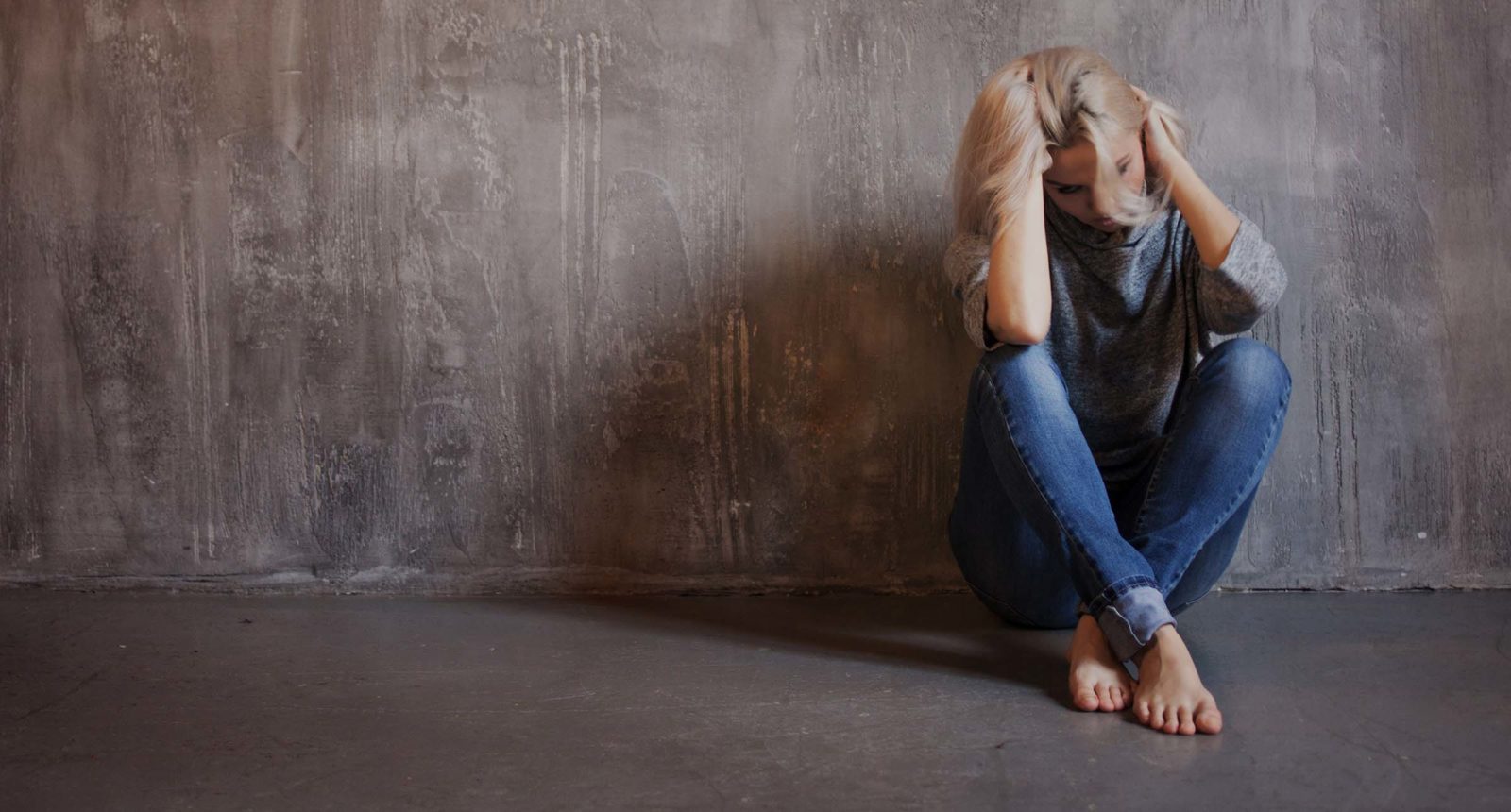Is amputation the answer for CRPS sufferers?

Complex Regional Pain Syndrome (CRPS) is a chronic progressive condition which causes continuous and severe pain. There is no known cure for CRPS but there are pain management programmes which offer a combination of physical treatments, medication, and psychological support which can help manage the symptoms.
According to the NHS website, treatment for CRPS involves four main aspects:
- education and self-management
- physical rehabilitation
- pain relief
- psychological support
Accessing this treatment can be difficult, as CRPS is often not properly understood by the medical profession and even if patients do have access to the treatment, it is not necessarily the answer to their problems.
Is amputation of an affected limb possible and will it solve anything?
CRPS can be resistant to treatment and, because of the extreme pain, many patients feel as though they want their affected limb taken away. For patients that do not benefit from treatment, they feel as though amputation is the only good option left available to them.
On the other hand, for many medical professionals who specialise in CRPS, amputation is considered a last resort because of the lack of evidence to support amputation bringing an end to the condition, and because it can so easily spread to other parts of the body. Any surgery comes with risks, but the amputation of a limb is major surgery so the potential benefits of removing the limb (or limbs) do not definitively outweigh the risks. In fact, CRPS sufferers who have underdone amputation have sometimes reported that their symptoms have got worse.
Cornelia’s story
CRPS comes with an unknown prognosis for patients and for many patients; this can be exceptionally difficult to live with.
Cornelia Oosthuizen, whose CRPS story has recently featured on the BBC, was diagnosed with CRPS in her right foot and lower limb six months after injuring her right foot, following 10 years’ service in the army. Cornelia suffered pain on a daily basis and has recently made the very difficult decision to go against medical advice and have her affected limb amputated.
Cornelia attended the Royal National Hospital for Rheumatic Diseases who have a specialist team of CRPS experts, including Prof. Candy McCabe. Candy explained to Cornelia that, in her experience, amputation of the affected limb can actually make the condition worse as the patient can experience painful phantom sensations, even experiencing the same pain as before despite the limb being gone. Yet, even after hearing this expert advice and despite training with a CRPS Paralympian whose double amputation has worsened the condition, Cornelia made the brave decision to go ahead with the surgery.
Whilst early days still, it seems as though the amputation has improved Cornelia’s CRPS pain. Her story really demonstrates the extreme lengths CRPS patients go to in hope of alleviating the excruciating pain that comes with the condition, even when faced with expert advice suggesting they do the opposite.
As was the case for Cornelia, CRPS often develops following an injury. We see individuals who have been diagnosed with CRPS who are desperately in need of a solution to the pain they suffer every day. However, the lack of evidence in support of amputation to cure CRPS is clear and this remains a very controversial area.
Cornelia’s story is inspirational and we will be following her full story tonight 21 January 2019 on Inside Out West, at 19:30 GMT on BBC One.
If you have a question about making a claim for CRPS, please contact our specialist team today.
Call now

Read our guide to CRPS
Our team explain what you need to know about CRPS.
If you are new to the world of CRPS, our specialist team answer some key questions about the condition that you can read via the link below.